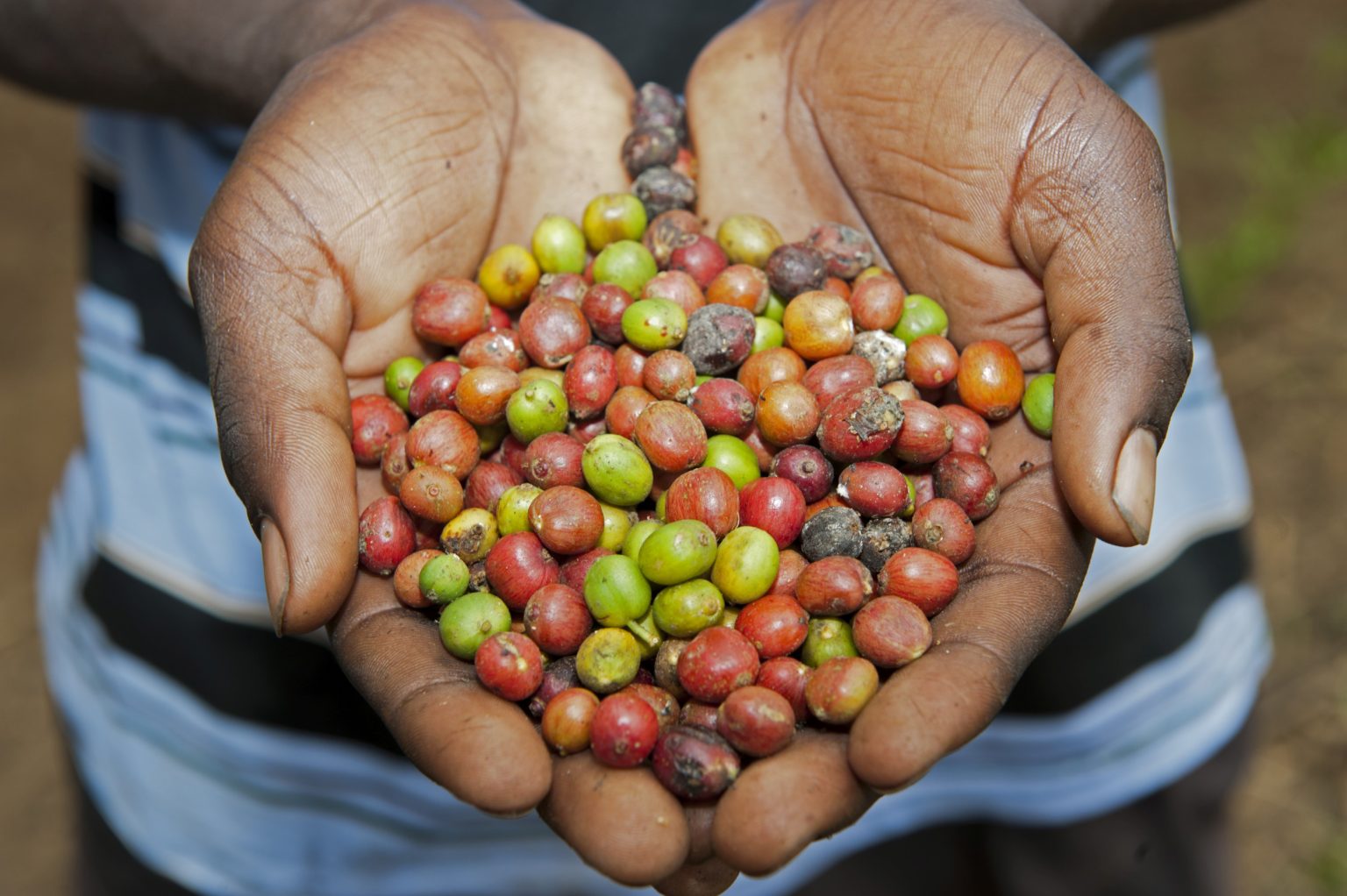As global coffee markets face supply challenges from major producers like Brazil and Vietnam, prices are on the rise, driven by concerns over potential decreased output. The price of coffee has spiked significantly due to fears of a dry season in Vietnam affecting Robusta yields and erratic weather in Brazil impacting Arabica crops. This surge in prices is exacerbated by low global inventories and speculative trading, leading to market volatility. The U.S., as the largest importer of coffee, is preparing for potential impacts on retail prices, as the spike in Robusta and Arabica coffee futures could lead to higher costs for consumers.
Futures prices for Robusta coffee, primarily used in instant coffee and espresso, hit record highs this week due to a supply shortage in Vietnam. May’s delivery prices reached $3,849 per ton, with July contracts at $3,769 per ton. Despite high export figures, Vietnam predicts a 20 percent drop in output this crop year, affecting exports in the months ahead. In Brazil, where Arabica production is predominant, prices have also been under pressure due to unusual weather patterns in key growing regions, such as excessive rainfall in Minas Gerais. This excessive moisture may have damaged crops, impacting the quality and size of this year’s harvest.
As the world’s largest importer of coffee, the U.S. is particularly vulnerable to global market shifts. In 2023, the U.S. imported approximately $8.2 billion worth of coffee, with significant amounts coming from Brazil and Vietnam. Despite the challenges in these regions, imports from India were negligible. The spike in Robusta and Arabica coffee futures could lead to potential increases in retail prices paid by consumers at grocery stores and coffee shops, affecting the cost of a morning brew for many Americans.
The surge in coffee prices comes at a time when global inventories are low, intensifying concerns about supply stability. Speculative trading is further fueling market volatility, adding to the uncertainty surrounding future coffee prices. With the U.S. heavily reliant on imports for its coffee supply, any disruptions in major producing countries like Brazil and Vietnam can have cascading effects on retail prices, impacting both consumers and the financial markets. Market experts are closely monitoring the situation to assess the potential long-term implications of the current supply challenges on the coffee industry.
The impact of the supply fluctuations in major coffee-producing countries is expected to have ripple effects on the global coffee market, affecting everything from retail prices to market stability. The ongoing concerns over the dry season in Vietnam and erratic weather in Brazil have led to a sharp rise in coffee futures, signaling potential cost increases for consumers. As the U.S. prepares for potential impacts on coffee prices, industry players are closely monitoring the situation to assess the long-term implications and adapt their strategies accordingly. With global inventories already low and speculative trading adding to market volatility, the coffee industry faces a period of uncertainty that could reshape the dynamics of the market in the coming months.


